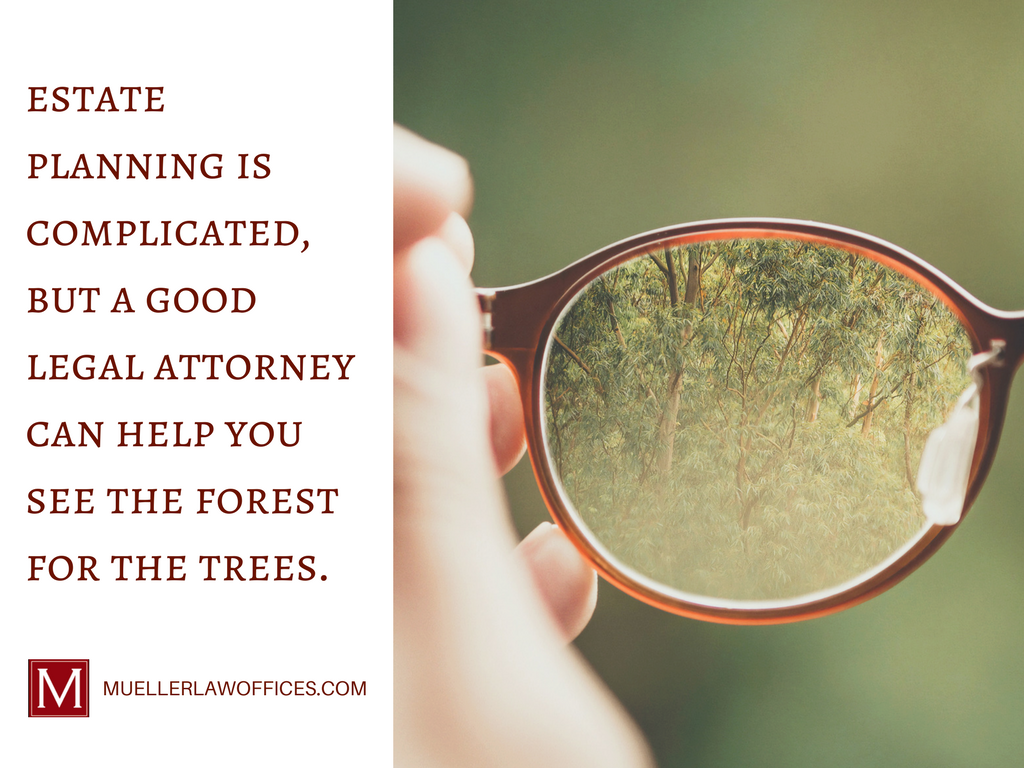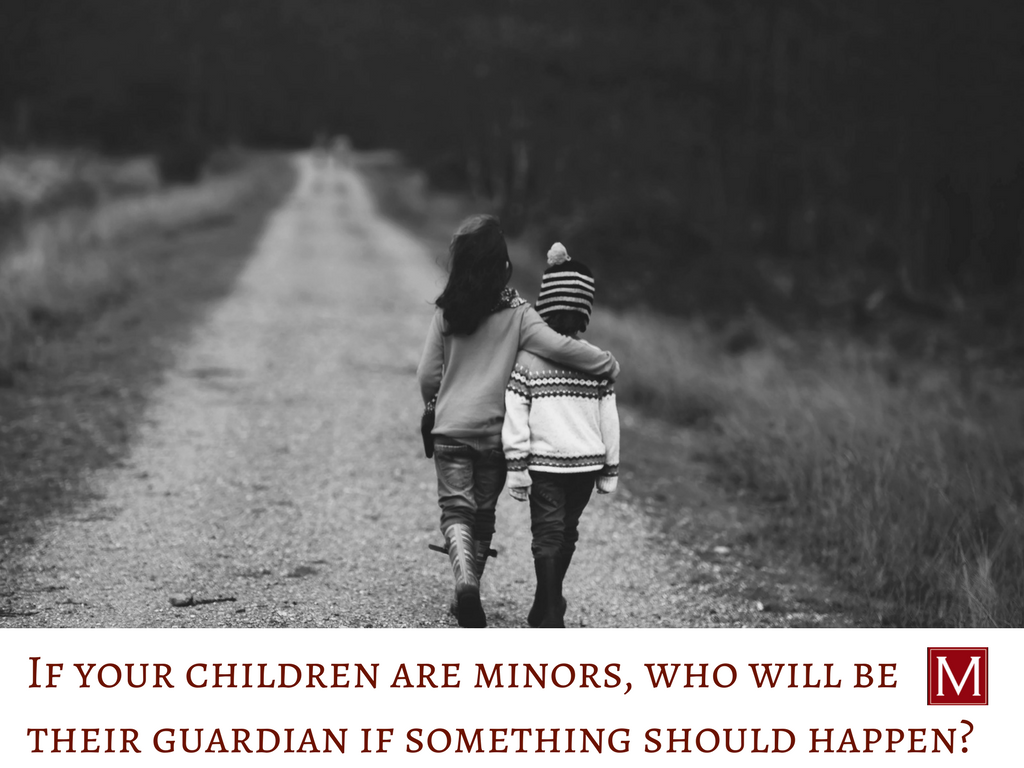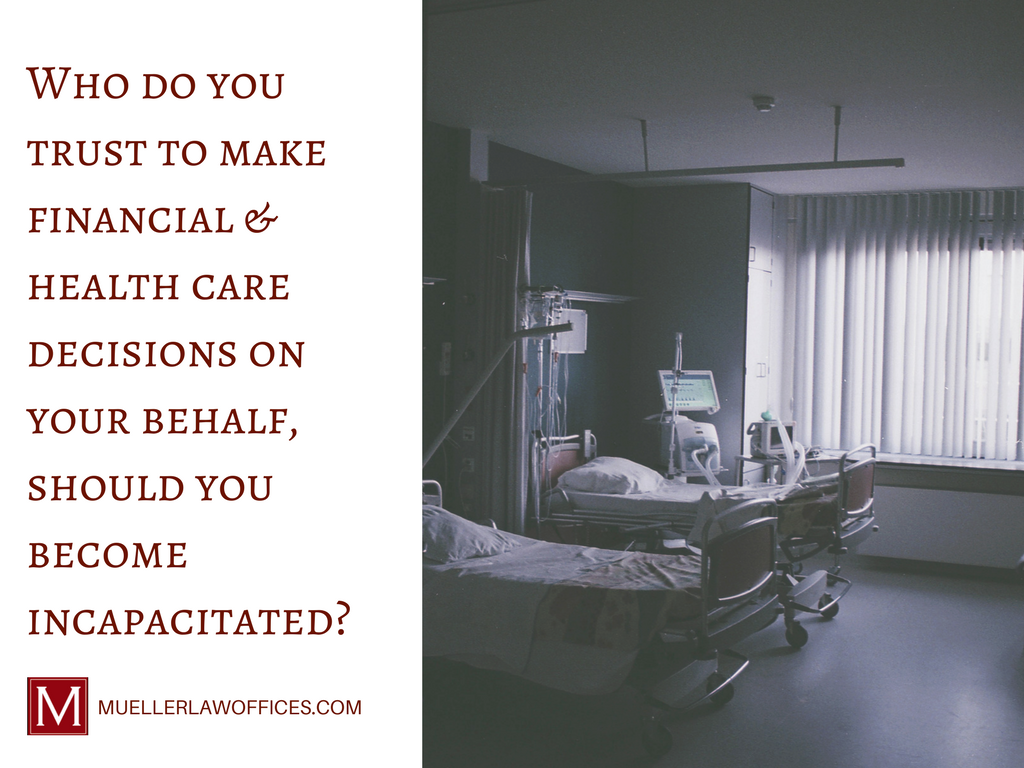True or False? Without a proper estate plan, the legal and financial issues raised by your death – or your incapacity – will be more difficult and expensive for your loved ones. Unfortunately, this is true. And, in most cases, many of us procrastinate planning ahead. Why? Because thinking about death or disability – and then sitting down to plan for it it – is an unpleasant prospect. It’s far easier to focus on the more immediate concerns in our lives.

A good Legal Attorney is key to help you document an estate plan that works for your unique situation. Your plan will involve a number of legal documents, the most common of which are Wills or Revocable Trusts, Guardianship, Beneficiary Designations, and Financial & Health Care Powers of Attorney. Before any documents can be drafted, however, there are initial steps you will need to take, in addition to a number of detailed issues you’ll need give some preliminary thought. For example…
Take Stock of Your Finances.
Compile a detailed list of your assets and your liabilities. While the primary purpose of your estate plan is to address a non-financial goal – to take care of your loved ones – the best approach is often determined by your financial situation.

Consideration for Your Children.
Choosing someone to raise your children in the event of your death will force you to decide what values are most important to you. Here are a few examples of the values many parents need to consider:
- Religious Beliefs
- Cultural Identity
- Parenting Styles
- Education
- Family Size
- Geographical Location
- Financial Skills
You’ll also need to consider whether your children are mature enough to manage their inheritance. If not, the funds should be placed in a trust for their benefit. That being said, you’ll need to consider who the trustee should be. The trustee will not only manage the trust funds but also decide when and why to make distributions to your children.
Lastly, if you have a blended family, consider how much you wish to leave to your children, and how much to your spouse.
Any Other Beneficiaries?
If you do not have a surviving spouse or children, who should receive your assets? Would you like to leave your money to other family members, your church, your favorite charities, or all of the above?

What About You?
If you become incapacitated, but do not die, who should manage your finances? Who should make decisions regarding your healthcare? What values are important to you regarding your health care? I will walk you through these tough, but important questions so you are best prepared.
Getting Started with Your Estate Plan is the Hardest Part.
As with most things in life, getting started on your estate plan is the hardest part because you’re forced to think about stuff that’s not easy. Once the initial stages are completed, however, the rest of the process should flow smoothly. Also note, anytime is a good time to get started and no estate is too large or small. As your Legal Attorney, I can get you started on this important planning process today.
Like this article? Please share it:
